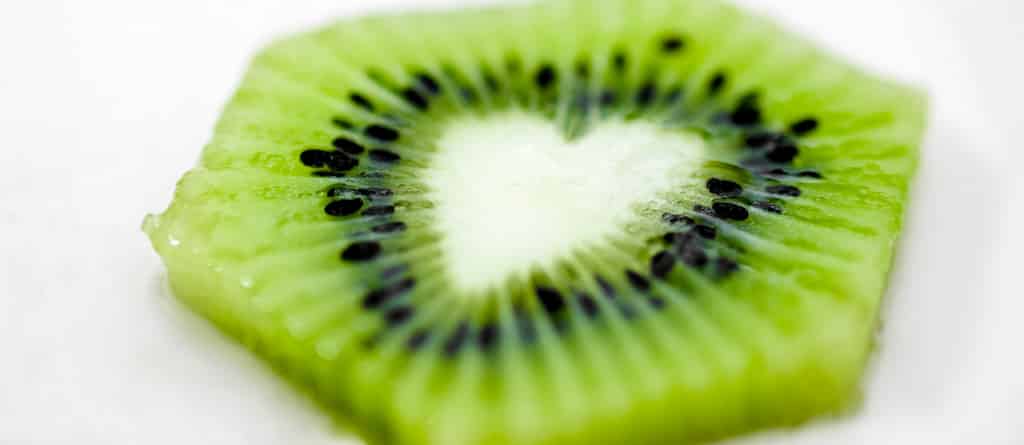An estimated 10-20% of the general population suffers from irritable bowel syndrome (IBS), which accounts for about 4 million doctors’ visits a year. What can we do for these tens of millions of sufferers? In my video Kiwifruit for Irritable Bowel Syndrome I profile a “kiwifruit intervention.” Researchers found that eating 2 kiwifruit a day for a month significantly “shortens colon transit time, increases defecation frequency, and improves bowel function” in those with constipation-type IBS.
Furthermore, “No deleterious effects of kiwifruit consumption on psychological functioning or adverse events were found in these studies.” I would hope not! The reason the researchers put that in there, though, is to contrast kiwi fruit to tegaserod, the most frequently prescribed drug for IBS. Well, at least it was before it was pulled from the market out of concern that it was killing people by increasing their risk of heart attack and stroke. Thus, I’d suggest trying the kiwis first.
The role of fruit, fiber, and antioxidants may help explain why people eating plant-based diets have improved bowel function in general. See my videos Bulking Up on Antioxidants, Bowels of the Earth, Food Mass Transit, and Say No to Drugs by Saying Yes to More Plants.
What else can kiwis do? We’ve known that fruits, vegetables, and other whole plant foods rich in antioxidants can decrease oxidative damage to our DNA, but only recently has there been work done on dietary interventions to boost DNA repair, our second line of defense against cancer. We’re going to get some DNA damage in this polluted world no matter how healthy our diets and lifestyles are, so its critical to find ways to upregulate our DNA repair enzymes to better assist with stitching our DNA back together. What would happen if people were given some kiwifruits on and off for a few weeks? Find out in my video Kiwifruit and DNA Repair.
The video ends with a question about trying to break through the kiwi plateau effect with other fruits and vegetables. Find out whether this was possible in the follow-up 3-min. video Plant-Based Diets and Cellular Stress Defenses. The results support the previous work on the importance of dietary diversity that I profiled in Apples and Oranges and Garden Variety Anti-Inflammation. The study of thousands of foods I mention is referring to Antioxidant Content of 3,139 Foods and Antioxidant Power of Plant Foods Versus Animal Foods.
Finally, other ways to protect our DNA include eating broccoli, avoiding bacon, as well as eating a plant-centered diet in general.
-Michael Greger, M.D.
